Click to read the article in Turkish
Pesticides are poisonous chemical substances that are used in agriculture. Even though they are described as agricultural pesticides, it is more accurate to call them agricultural poisons.
I won't give detailed information about pesticides. There are plenty of articles on this topic on bianet. (Link1, Link2, Link3, Link4, Link5).
In this article, I will touch on the current situation covering the last two years about the problem of banned pesticides used in Turkey's agriculture.
Pesticide residue analyzes are performed on products that are exported from Turkey to the European Union. When a problem is detected, for instance, when residues of a banned pesticide are found in a product, that product is not released for consumption and is sent back to the exporting country.
Records are open
It is possible to access the record of the analyzes carried out in European Union member countries. When I looked through the records of the last two years, I found that there are many pesticides that are used even though their use in the agriculture of our country is banned. I had mentioned this problem before, but unfortunately nothing changes and we cannot do anything but situation assessment.
First, I should give a short answer to the question of why a pesticide is banned.
Why is a pesticide banned?
When it is conclusively proven that pesticides are harmful to human health, environment or a certain living species, such as bees, their use is banned. However, I should note that the process of prohibition is very controversial and the period of timeframe between the determination of the damage caused by a pesticide and its prohibition can span decades.
Although it is stated that studies are carried out in the process of permitting the use of a pesticide for determining whether it is harmful to human and environmental health and various living species, both the extent of these studies and their ability to determine possible risks are very limited. Therefore, there are many pesticides that were offered to the market with the claim that they were safe, they had been used for decades and they were banned when it was understood that they were extremely harmful.
The use of a pesticide can be prohibited if it is determined that it is carcinogenic (causing cancer), mutagenic (causing mutation in genes) or genotoxic (having a toxic effect on genes), or it is understood that it damages the hormonal system, that it does not use its poisonous effect in nature for a long period, or that it is harmful to birds or aerial insects and such reasons.
The banned pesticides are withdrawn from the market. Therefore, their residues should not be found in food products, as pesticides that are banned or withdrawn from the market would not be used in agriculture. But it is understood that the actual situation is not like this.
The list
Pesticides that are used in our country's agriculture according to the European Union records despite being prohibited and the dates they were banned can be seen in the table below.
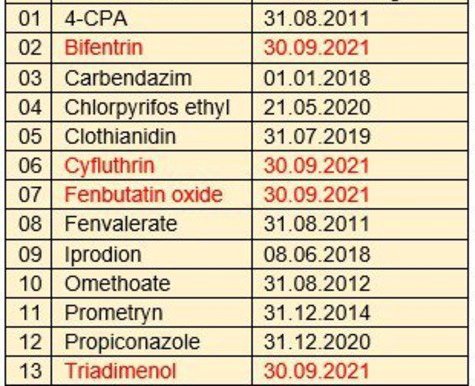
Chlorpyrifos ethyl, which is on the list, is not included in the list in the list of the Ministry of Agriculture and Forestry's list of Plant Protection Products. The ministry had banned teh use of chlorpyrifos (chlorpyrifos ethyl), which is very harmful to children's health, in 2016 and decided that this pesticide should be withdrawn from the market. However, the use of chlorpyrifos continued for years even though its use was banned and despite the decision for withdrawal. The pesticide was not withdrawn from the market or its withdrawal was not allowed. The parliamentary questions submitted about this issue were left unanswered. As can be seen in the table above, the Ministry seems to have ended the use of chlorpyrifos ethyl as of 21.05.2020 with a decision it gave within the year.
Why is chlorpyrifos, which has been banned in EU countries for years because it harms the nervous system and cognitive development of children, is still used in Turkey?
It is needed to seek answers to the questions of which companies import or produce this toxic substance in Turkey, which companies market it, and which companies have profited from this dirty business in the intervening years.
Why does it still exist?
The issue does not seem to be over. Because residues of chlorpyrifos ethyl still exist in food products.
According to the EU records, the most detected agricultural poison in food samples that were rejected because of inappropriate analysis results in analyzes performed on food products exported from Turkey is chlorpyrifos ethyl. Nearly 10 percent of the inappropriate samples in 2020 and 12 percent of the inappropriate samples that had been found until October 4, 2021, were found to include chlorpyrifos ethyl.
Moreover, the issue is not only about chlorpyrifos ethyl...
According to the calculations I made (I did not take into account those banned on September 30, 2021), analyzes carried out on food products exported to EU countries from Turkey found banned pesticides about one in four samples that were found to be inappropriate in 2020 and about one in five samples that were found to be inappropriate in 2021. Moreover, the questions of why the pesticides were not removed from the market, although 10 years have passed since the decision for their prohibition and how they could be used if they were removed remain to be answered. If the officials of the Ministry of Agriculture and Forestry have an answer to give, of course... (BŞ/NÖ/VK)





.jpg)
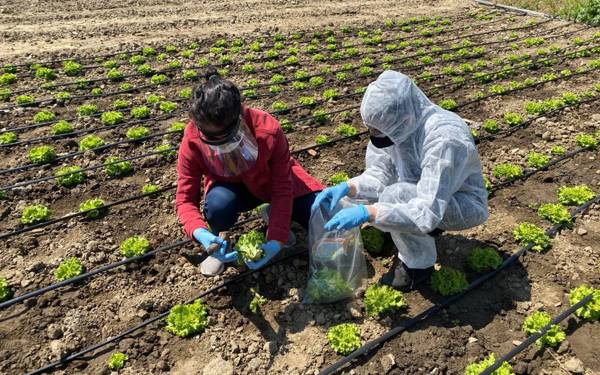
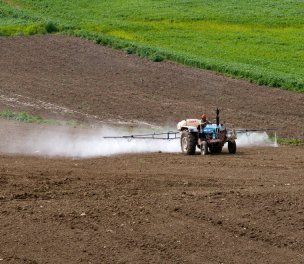
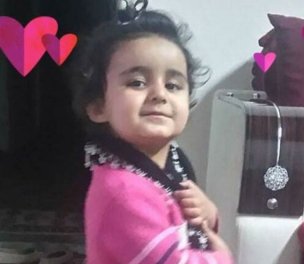
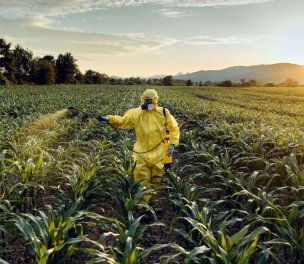
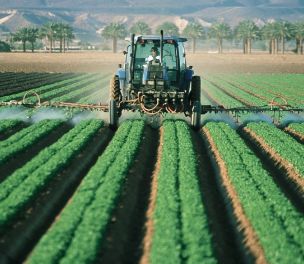
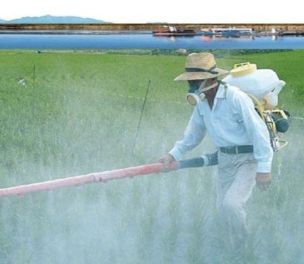
sa.jpg)
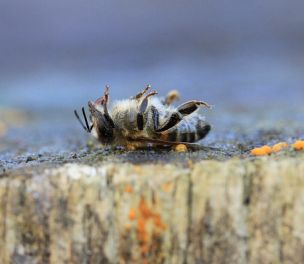
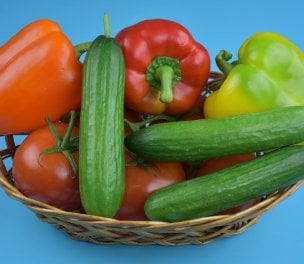
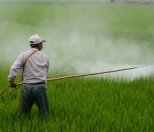
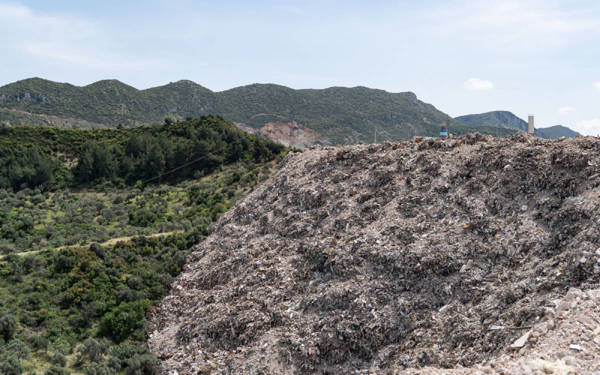
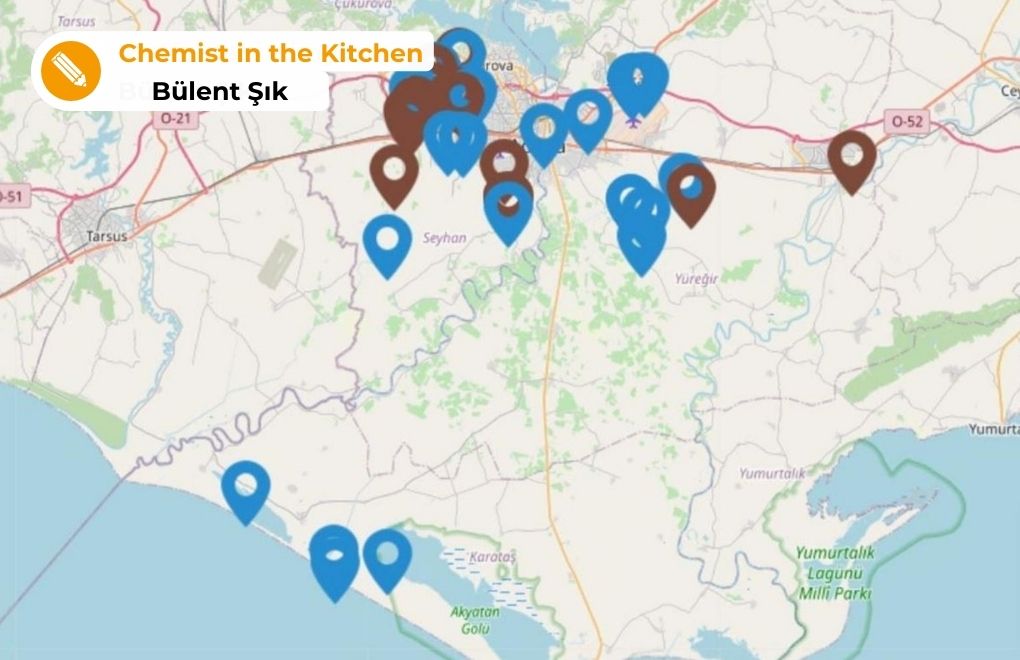

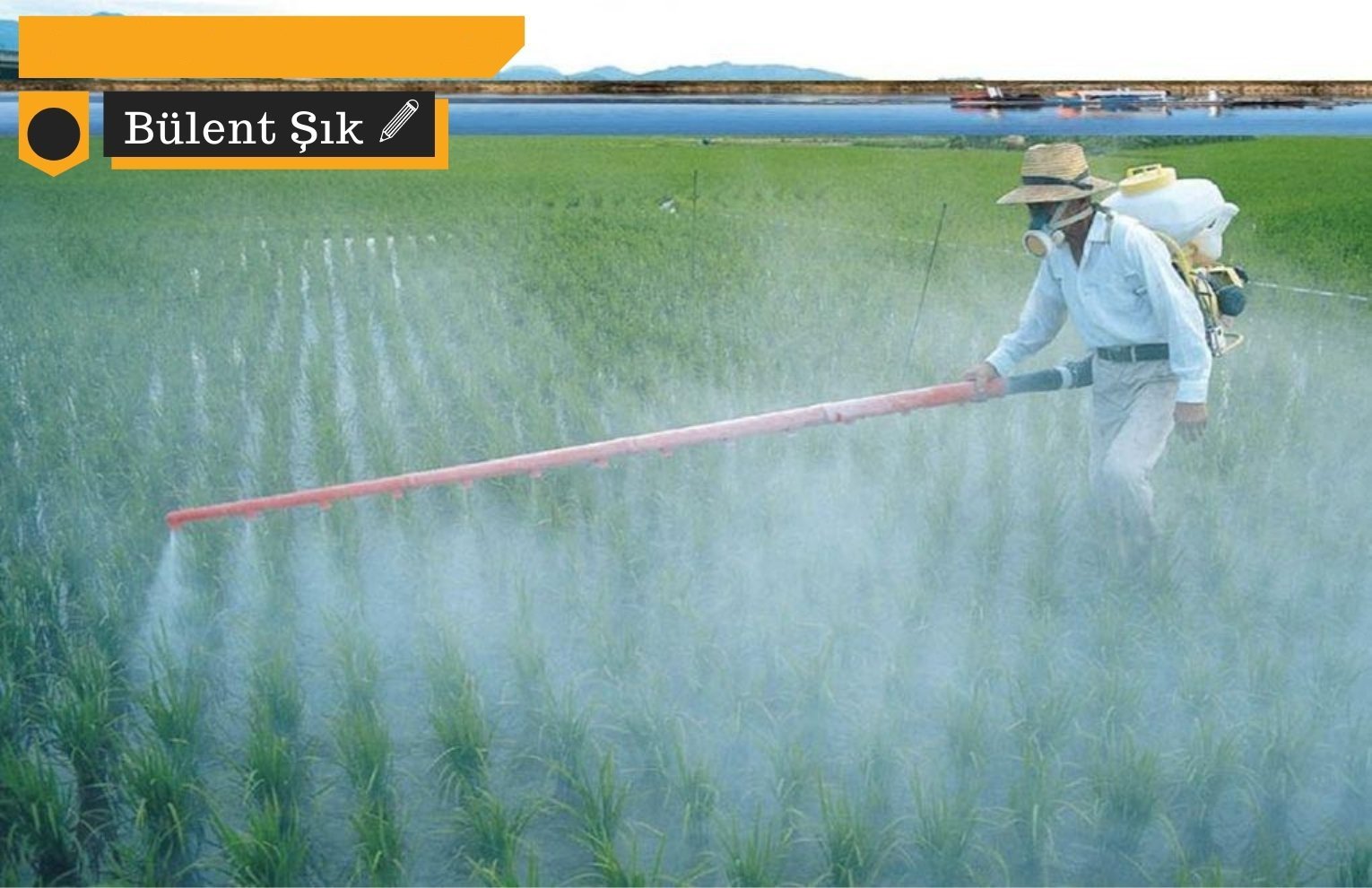
.jpg)